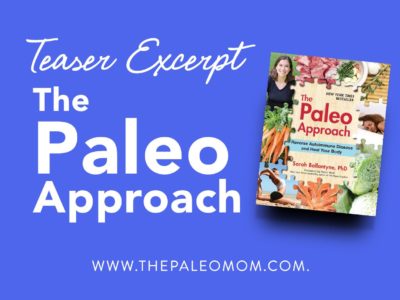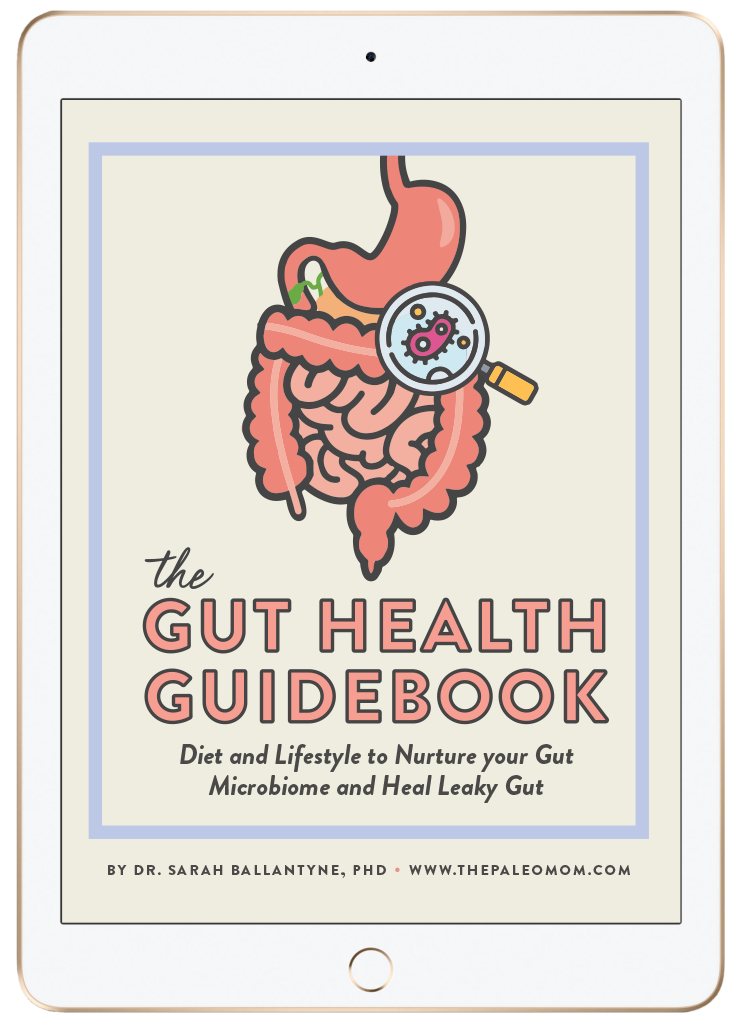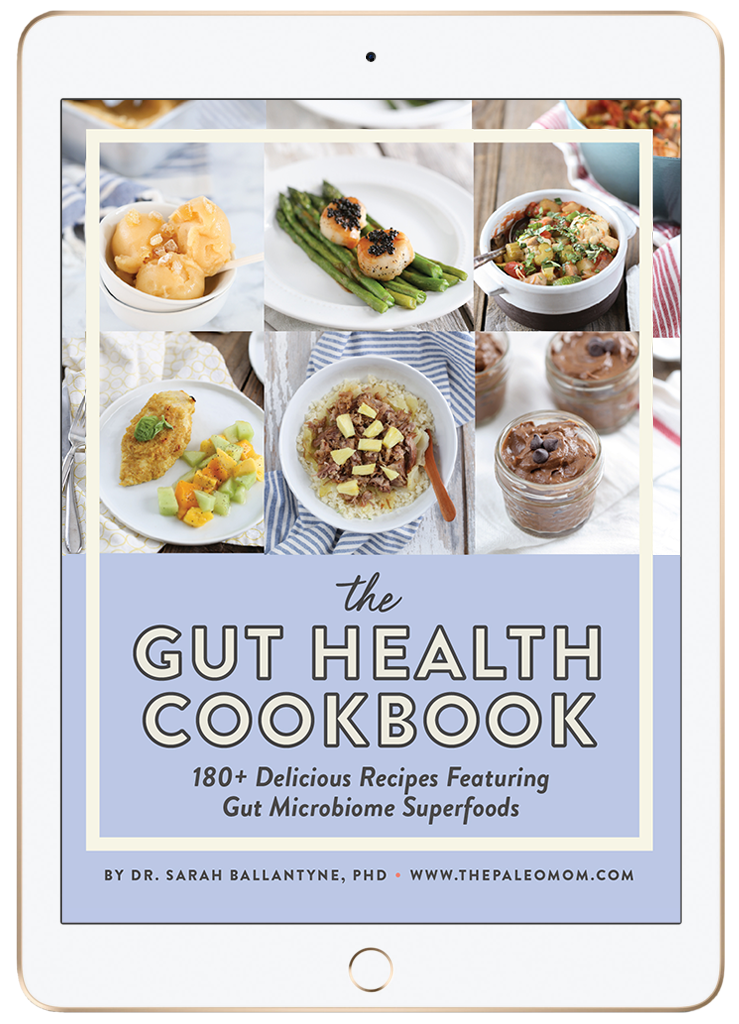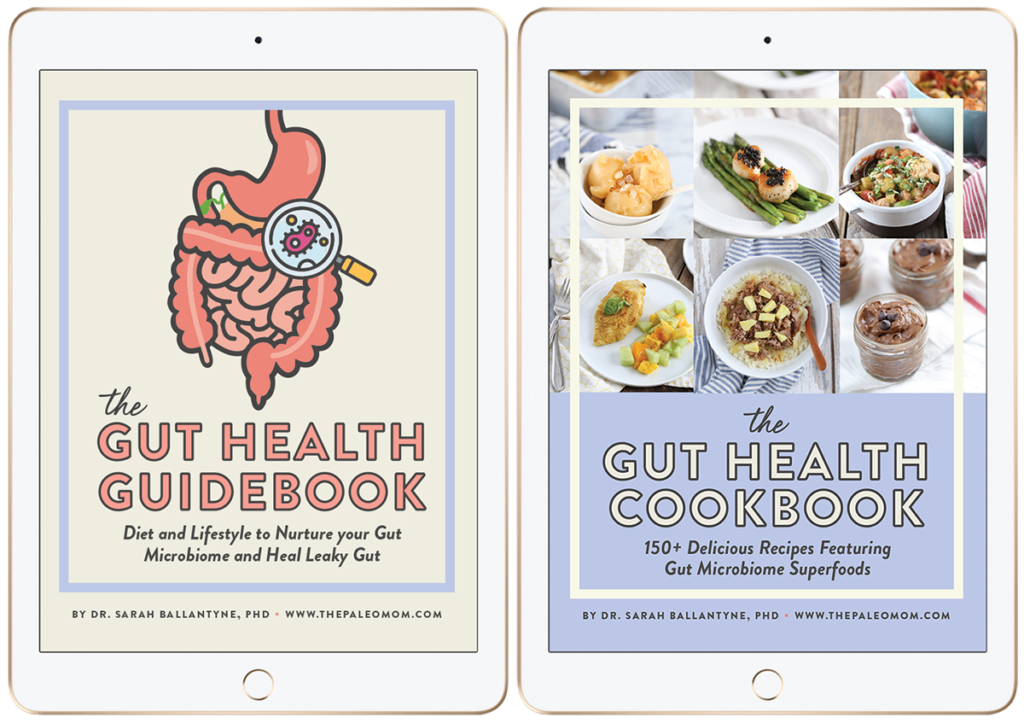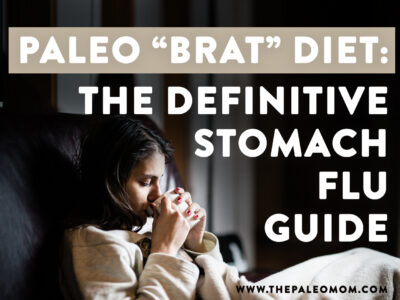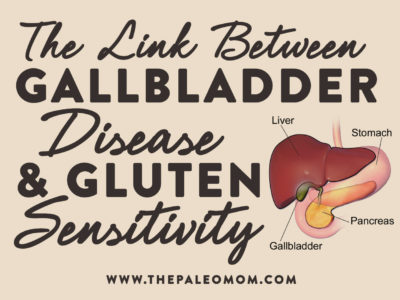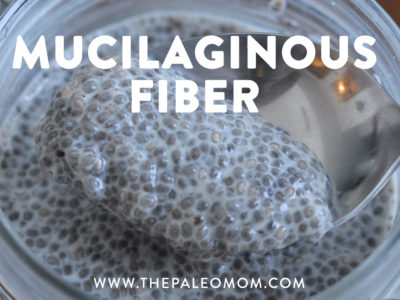There are many topics that I am researching and writing about for the book that I’ve been meaning to write about for the blog for ages (the book just gives me a firm deadline). I have decided take some of these topics (especially the more blog-sized ones) and publish them as teaser excerpts for the book (also because I think this information should be here too).
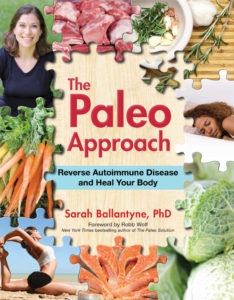 The book also contains a detailed (yet easy-to-follow) description of the components of the immune system, so when you read the book, you’ll already know why modulating Th1 versus Th2 versus regulatory T-cells is important and you’ll know what dendritic cells, antigen presentation and cytokines are. For a quick primer: Th1 and Th2 cells are over-activated in autoimmunity and cause damage (typically one or the other is over-activated). Regulatory T-cells are supposed to keep all the other immune cells in check and suppress both over-activation of the immune system and autoimmunity (they tend to be deficient in autoimmune disease). Cytokines are chemical messengers of inflammation. Dendritic cells are a type of sentinel cell that detects foreign invaders. Antigens are small sequences of amino acids on foreign invaders that are recognized by the immune system. When a dendritic cell detects foreign invaders, they “show” the antigens to B-cells and T-cells (cells of the adaptive immune system). Gut-Associated Lymphoid Tissue is the collection of immune cells and other tissues just inside the intestinal barrier in the gut. Enterocytes are the cells that line the small intestine and form the barrier between inside the gut and outside the gut.
The book also contains a detailed (yet easy-to-follow) description of the components of the immune system, so when you read the book, you’ll already know why modulating Th1 versus Th2 versus regulatory T-cells is important and you’ll know what dendritic cells, antigen presentation and cytokines are. For a quick primer: Th1 and Th2 cells are over-activated in autoimmunity and cause damage (typically one or the other is over-activated). Regulatory T-cells are supposed to keep all the other immune cells in check and suppress both over-activation of the immune system and autoimmunity (they tend to be deficient in autoimmune disease). Cytokines are chemical messengers of inflammation. Dendritic cells are a type of sentinel cell that detects foreign invaders. Antigens are small sequences of amino acids on foreign invaders that are recognized by the immune system. When a dendritic cell detects foreign invaders, they “show” the antigens to B-cells and T-cells (cells of the adaptive immune system). Gut-Associated Lymphoid Tissue is the collection of immune cells and other tissues just inside the intestinal barrier in the gut. Enterocytes are the cells that line the small intestine and form the barrier between inside the gut and outside the gut.
So, forgive the references to Chapters 2, 3, 8 and 12. While you’ll have to wait until the book is out to read those sections, in the meantime, please enjoy this part of my section of probiotics (actually, probiotics are talked about in 4 separate sections-this section is from the chapter on healing foods).
Excited to read The Paleo Approach?
Consumption of probiotics, either as a supplement or in the form of unpasteurized fermented foods, can dramatically help modulate the immune system. A vast number of scientific and clinical studies have evaluated the various effects of the commensal bacteria in the gut (those healthy gut bacteria) and/or probiotic supplement of specific bacterial strains on various aspects of the immune system. The cliff notes? It’s all good.
The exact mechanisms behind the many observed benefits of probiotics remain largely unknown. This may be because different bacterial strains have different effects on the body and interact differently with the immune system. For example, some probiotic strains stimulate production of cytokines (those chemical messengers of inflammation) that promote Th1 cell development (which may augment the immune system to help fight infection and prevent cancer). Other probiotic strains stimulate production of cytokines that promote regulatory T-cell development, thereby providing that all important immune system modulation needed in autoimmune disease (see Chapter 2). Yet other probiotic strains, including several lactobacillus strains, are beneficial both in diseases of compromised immune systems and diseases of excessively activated immune systems.
It has been shown that probiotics interact with dendritic cells during antigen presentation during the initiation of adaptive immune responses, meaning that probiotics are useful in preventing immune-related diseases (see Chapter 2). However, they also affect the effector phase of adaptive immunity, so they can be used as a treatment for established immune-related diseases (this applies to both immune-related diseases like asthma and allergies but also autoimmune diseases). In fact, probiotic supplementation has been shown to be beneficial in a variety of autoimmune conditions, including: autoimmune myasthenia gravis, inflammatory bowel diseases, rheumatoid arthritis, multiple sclerosis, and autoimmune thyroid disease.
It used to be believed that probiotic supplementation and the consumption of unpasteurized fermented foods provided health benefits by re-inoculating the gut with beneficial strains of bacteria and yeast. Having a healthier variety and types of gut microorganisms would then be responsible for the positive benefits of probiotic supplementation. However, recent scientific research puts this explanation into doubt—at least in some cases. A recent study of diarrhea-predominant Irritable Bowel Syndrome demonstrated that the administration of probiotic supplements did not to alter the composition of the gut microflora. It’s important to emphasize that probiotic supplementation was still beneficial. This implies that the benefits of probiotic consumption might be directly due to the interaction of those probiotic bacteria (and yeast) with the gut-associated lymphoid tissue (see Chapter 2) as it passes through the body, at least in some cases.
There are clearly still some situations where probiotic supplements do have profound effects on the gut microflora. For example, studies have shown differences in the composition of the gut microflora after taking antibiotics in people who supplemented with probiotics compared to those who didn’t. There may also be more impactful effects on those with bacterial overgrowths. Probiotic microorganisms have the capability to affect the gut microflora through a variety of mechanisms, including: reducing the acidity in the intestinal lumen (the area in the middle of the “tube” that forms the gut), competition for nutrients, secretion of antimicrobial compounds by the probiotics themselves, stimulating the production of antimicrobial compounds by your cells, and preventing adhesion and interaction of other bacteria with gut epithelial cells. In these ways, probiotics may help to “correct” gut dysbiosis.
Beyond restoring balance to the gut microflora and modulating the immune system, research has shown that administration of probiotics can have a direct effect on the tight junctions between enterocytes in the gut—resulting in decreased intestinal permeability. So, taking a probiotic or eating food naturally rich in probiotic organisms can directly help heal a leaky gut.
As already mentioned in Chapter 3, what you eat has a profound effect on the types, relative quantities and location of different bacteria growing in your gut—this effect is largely independent of the benefits of consuming fermented foods or taking probiotic supplements. However, consuming probiotics has the great potential to speed healing and modulate the immune system and should not be underrated in importance when dealing with autoimmune disease.
Some researchers are taking on the task of characterizing the precise effects of each probiotic strain on the human body (recall that there are approximately 35,000 of them among all humans). Certainly some strains have already been isolated for their anti-inflammatory and immune modulatory properties, yet others for their abilities to improve the barrier function of the gut or the ability to reduce visceral hypersensitivity. It is completely possible that in the future, probiotic supplements will be tailored to address specific health problems by providing specific strains known to counteract those issues. However, until then, the best focus is on variety.
Because different probiotic strains have slightly (and sometimes vastly) different effects (which may also depend on your genetics, level of inflammation, and current gut health), the best way to ensure complete modulation/regulation of the immune system is to consume as many different probiotic strains as possible. So, where do you get variety? You actually get far more variety from fermented foods and soil than you do from most supplement available (that doesn’t mean that probiotic supplements aren’t useful—see chapter 8 for more information specific to probiotic supplements). Every time you make a new batch of homemade sauerkraut, the probiotic organisms within it will be slightly different.
So, what are good food sources of probiotics?
- Raw unpasteurized sauerkraut
- Raw unpasteurized lactofermented vegetables (kimchee, beets, carrots, pickles)
- Raw unpasteurized lactofermented fruits (green papaya, chutneys)
- Raw unpasteurized lactofermented condiments (relishes, salsas)
- Water kefir
- Milk kefir grown in coconut milk
- Kombucha
- Beet Kvass
Some form of probiotic should be consumed every day. It is typically understood that a small amount several times per day is more beneficial than a large amount at one sitting. When you first start consuming probiotic foods, it’s a good idea to keep the amount very small (as little as 1 teaspoon) and see how you feel. Some people with severe gut dysbiosis can have dramatic gastrointestinal symptoms from probiotics. If one probiotic food doesn’t work for you, try another. If none of them work for you, you may have more luck with a supplement or just might need more time to heal your gut before introducing probiotics. It’s okay if you need to follow The Paleo Approach for a couple of weeks before adding probiotic foods (for more information, see the Troubleshooting section in Chapter 9). The amount you eat at any given time can then be slowly increased over the course of several weeks. (Making probiotic foods in your own home will be discussed in The Paleo Approach Cookbook)
An often underrated source of probiotics is soil. Soil-based organisms (SBOs) have not been as extensively studied as the lactobacillus and bifidus genus of bacteria. However, they are normal residents of a healthy gut, have been shown to be potent modulators of the immune system, and supplementation with SBOs has been shown to be beneficial in diabetes, chronic fatigue syndrome, insomnia and Irritable Bowel Syndrome. Soil-based probiotic supplements are available (see Chapter 8 for more information). You can also get exposure by playing in the dirt (a good excuse to take up gardening as a hobby!) and by growing your own vegetables organically (or buying locally-grown organic vegetables) and eating them without washing them. Okay, you can rinse the big clumps of dirt off.
Interested in learning even more about The Paleo Approach? This video from my YouTube Channel is just a quick tour (the book is so big that giving you a broad overview takes 13 minutes!) but you get to see just how comprehensive and detailed this book is.
Barbara, G., et al., Mucosal permeability and immune activation as potential therapeutic targets of probiotics in irritable bowel syndrome, J Clin Gastroenterol. 2012 Oct;46 Suppl:S52-5
Bittner, A.C., et al., Prescript-assist probiotic-prebiotic treatment for irritable bowel syndrome: an open-label, partially controlled, 1-year extension of a previously published controlled clinical trial, Clin Ther. 2007 Jun;29(6):1153-60.
Chae, C.S., et al., Prophylactic effect of probiotics on the development of experimental autoimmune myasthenia gravis, PLoS One. 2012;7(12):e52119.
Corridoni D, et al., Probiotic bacteria regulate intestinal epithelial permeability in experimental ileitis by a TNF-dependent mechanism, PLoS One. 2012;7(7):e42067
Fooks LJ and Gibson GR Probiotics as modulators of the gut flora. Br J Nutr 2002 88(Suppl 1):S39–S49.
Gerritsen, J. et al., Intestinal microbiota in human health and disease: the impact of probiotics, Genes Nutr. 2011 August; 6(3): 209–240.
Kiseleva, E.P., et al., The role of components of Bifidobacterium and Lactobacillus in pathogenesis and serologic diagnosis of autoimmune thyroid disease, Benef Microbes. 2011 Jun;2(2):139-54.
Kobayashi T, et al., Probiotic upregulation of peripheral IL-17 responses does not exacerbate neurological symptoms in experimental autoimmune encephalomyelitis mouse models, Immunopharmacol Immunotoxicol. 2012 Jun;34(3):423-33
Le Bert, N., et al., DC priming by M. vaccae inhibits Th2 responses in contrast to specific TLR2 priming and is associated with selective activation of the CREB pathway, PLoS One. 2011 Apr 1;6(4):e18346
Michail, S. & Kenche, H., Gut microbiota is not modified by Randomized, Double-blind, Placebo-controlled Trial of VSL#3 in Diarrhea-predominant Irritable Bowel Syndrome, Probiotics Antimicrob Proteins. 2011 Mar;3(1):1-7
Ng SC, et al., Mechanisms of action of probiotics: recent advances. Inflamm Bowel Dis. 2009;15(2):300–310.
Ruemmele F.M., et al., Clinical evidence for immunomodulatory effects of probiotic bacteria, J Pediatr Gastroenterol Nutr. 2009 Feb;48(2):126-41.
Shida, K. & Nanno, M., Probiotics and immunology: separating the wheat from the chaff, Trends Immunol. 2008 Nov;29(11):565-73.
Shida K, et al., Flexible cytokine production by macrophages and T cells in response to probiotic bacteria: a possible mechanism by which probiotics exert multifunctional immune regulatory activities, Gut Microbes. 2011 Mar-Apr;2(2):109-14
Schiffer, C., et al., A strain of Lactobacillus casei inhibits the effector phase of immune inflammation, J Immunol. 2011 Sep 1;187(5):2646-55
Tlaskalová-Hogenová, H., et al., Commensal bacteria (normal microflora), mucosal immunity and chronic inflammatory and autoimmune diseases, Immunol Lett. 2004 May 15;93(2-3):97-108.
Tsilingiri K & Rescigno M., Postbiotics: what else?, Benef Microbes. 2012 Dec 27:69-75.
Soil-based organisms improve immune function: shift cytokine profile from TH2 to TH1, Posit Health News. 1998 Spring;(No 16):16-8

